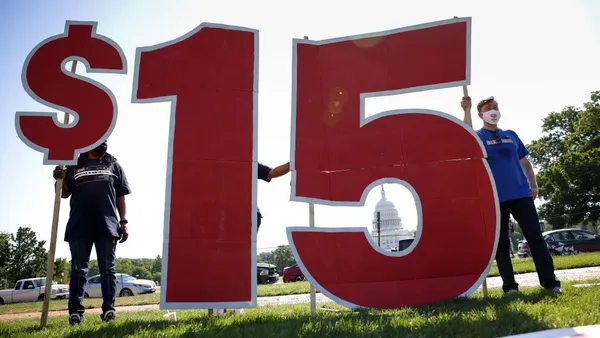Dive Brief:
- A Florida firefighter who was discharged after filing two U.S. Equal Employment Opportunity Commission (EEOC) complaints was unable to show his firing was due to race bias or retaliation (Ceus v. City of Tampa, No. 18-10484 (11th Cir. Feb. 3, 2020)).
- The firefighter's supervisors were unaware of the first EEOC charge, and there was no evidence that his termination was motivated by the second, according to the court. The firing didn't happen until eight months after the second EEOC charge, and there was ample evidence of legitimate performance problems, including insubordination and neglect of duty.
- The fire chief, said the 11th U.S. Circuit Court of Appeals, was the only person with firing authority, and there was no evidence that would lead a jury to believe that the chief, "a black male, intentionally discriminated against Ceus, a black male, who received warning after warning from supervisors regarding his attitude, behavior, and attendance at work." Accordingly, the 11th Circuit affirmed a lower court's summary judgment ruling in favor of the city.
Dive Insight:
Even employees who engage in protected activity can be subject to discipline, up to and including termination, but employers should be particularly careful when discipline follows protected activity.
A very short period of time between a protected activity (such as complaining about bias) and an adverse employment action can create an inference of retaliation. Usually timing alone is not enough, however, and the more time that passes, the weaker the inference tends to be.
Thorough documentation can be crucial to defending discrimination and retaliation claims, experts have said, conclusory phrases like "bad attitude" and "not fitting in" should be avoided because they may lead employees to think a manager is unhappy about their race, age or other protected characteristic rather than expressing legitimate performance-related concerns.
Additionally, employers should note that while the court in this case said no jury would believe a "black male" had discriminated against another black male in these particular circumstances, race bias can still occur between two people of the same race or color, according to the EEOC.









